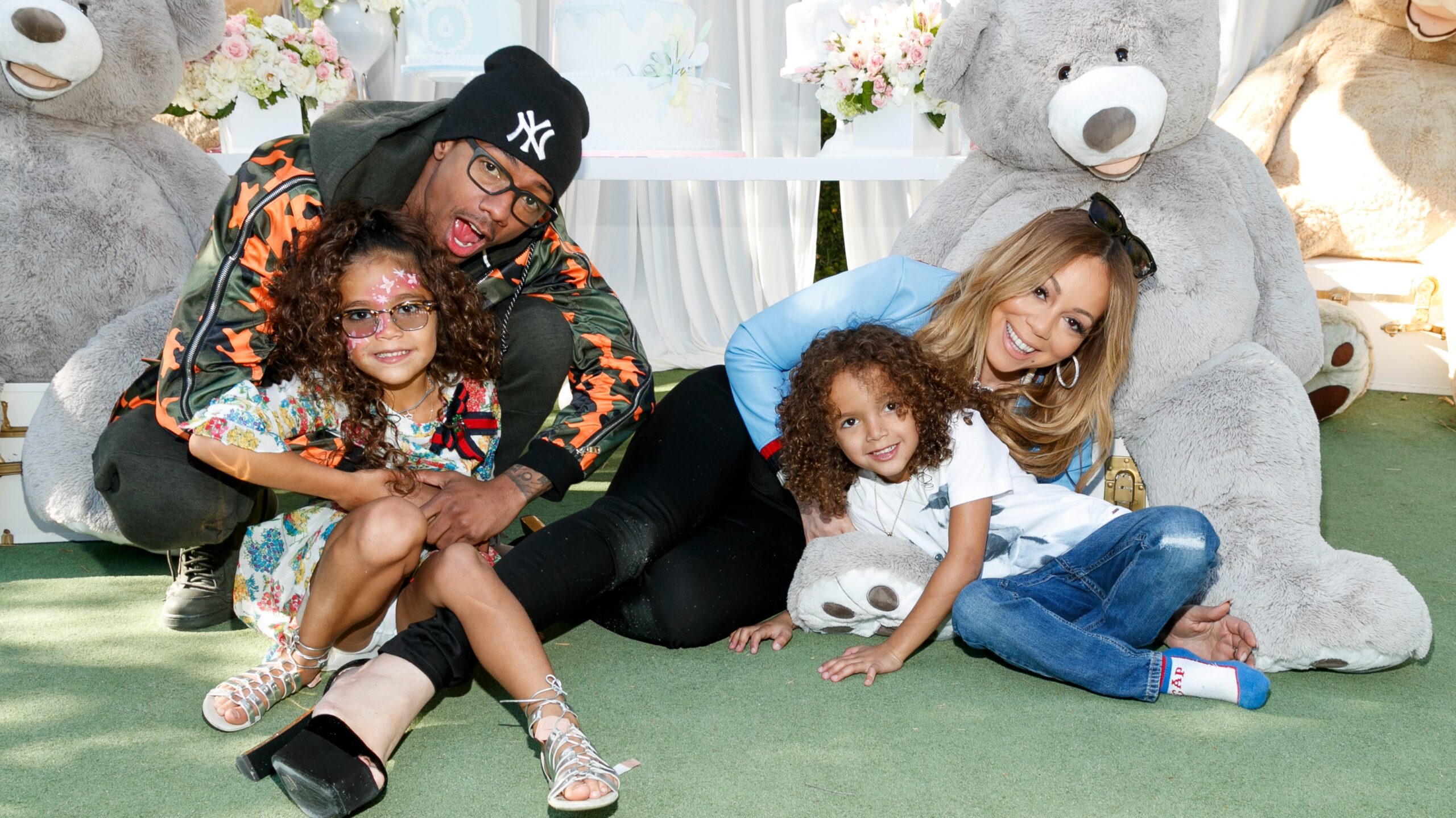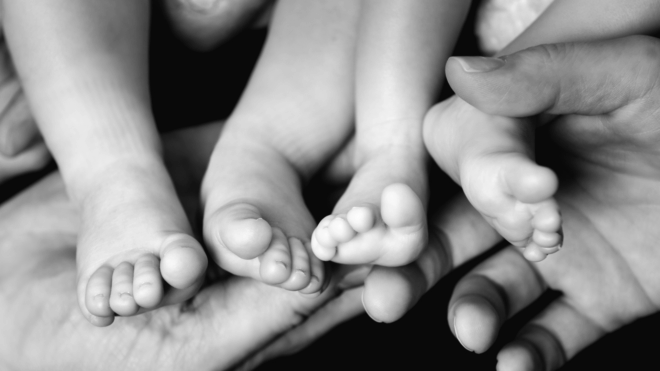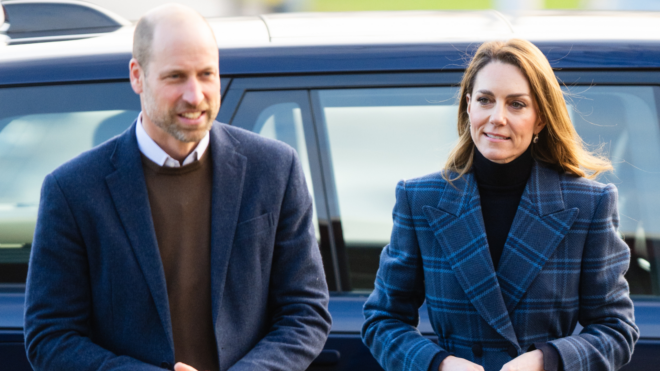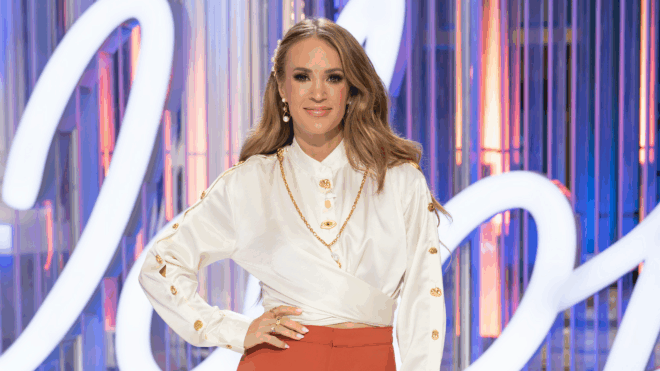
Nick Cannon is opening up about how ex-wife Mariah Carey showed up for him when he needed her. The couple was married from 2008 to 2016. In 2012, the host was diagnosed with the autoimmune disease lupus. In a recent episode of the Diary of a CEO podcast, he opened up about how supportive Mariah was during that time.
More from Mom.com: Nick Cannon Says He’s Pursuing a Master’s Degree in Child Psychology
Mariah was integral to his healing
"She was my rock," Nick explained to host Steven Bartlett. "She went hard. To be honest, I probably wouldn’t be alive if it wasn’t for how hard she went with the doctors, with me, my stubbornness."
He praised her for her caring personality
He went on to add that Carey "was the perfect helpmate, the perfect matriarch, the perfect mom, the perfect wife in those scenarios."
"Because, granted, she's who she is and dealing with all the pressures of being Mariah Carey, but then being loving enough to take on all of my stuff."
He acknowledged the toll his diagnosis took on their relationship
"It probably took a toll on us just because of the person I was in my head and the struggles that I was dealing with," Nick said.
But despite the hardships that they faced because of his illness, he believed that ultimately the struggles "definitely brought us closer together."
Nick has previously discussed what it was like to be diagnosed with lupus
In 2022, he marked the 10-year anniversary of his diagnosis on an episode of The Nick Cannon Show by talking about the symptoms that led to his lupus diagnosis. The symptoms included sudden swelling, an "excruciating" pain on his right side, and shortness of breath.
"In my mind, having these health issues isn’t necessarily a bad thing," Nick explained. "I see it as a way for me to help others through my experience."
His diagnosis forced him to confront parts of himself
Being diagnosed with lupus caused Nick to really struggle with what it meant for his life. He admitted that it caused him to question the meaning of life and if he had "wasted" time. Additionally, he wondered if he would be alive for his children Monroe and Moroccan.
He was forced to ask himself, "If I get another shot [at life], what am I gonna do?" Part of that included thinking about what his legacy would be.




